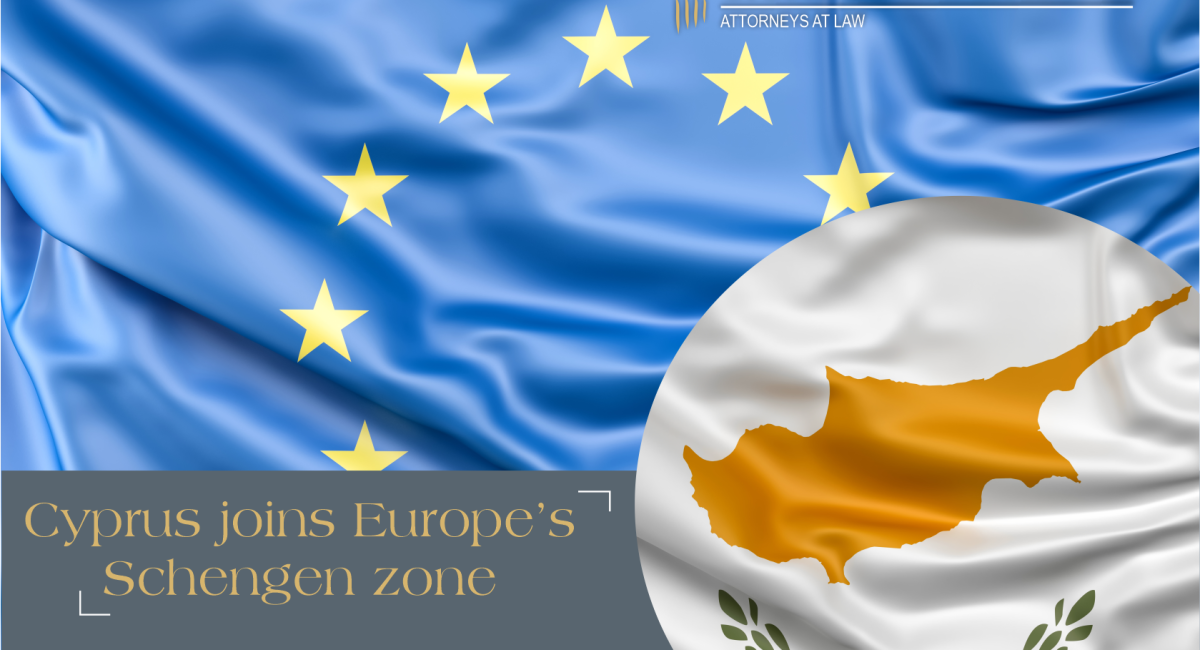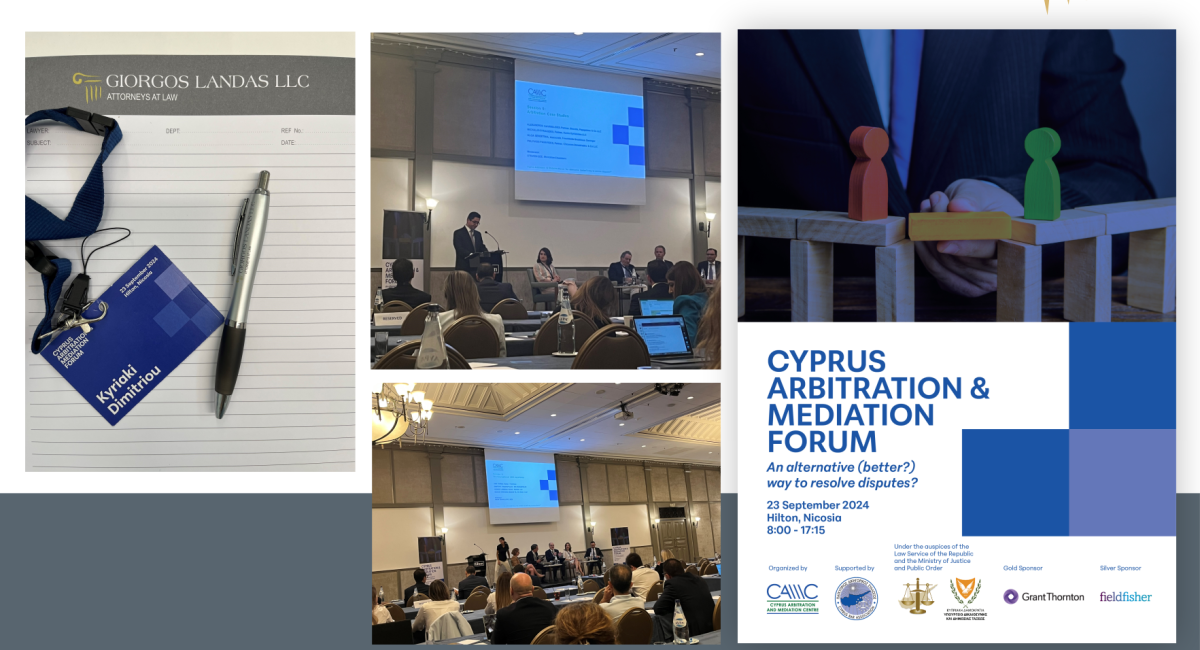The Migration Department has opened the application process for residence permits under the “Cyprus Digital Nomad Visa” scheme. The maximum number of permits that can be granted remains at 500.
The “Cyprus Digital Nomad Visa” scheme allows nationals from non-EU and non-EEA countries, who can work remotely using telecommunications technology, to reside temporarily in the Republic of Cyprus and work for an employer registered abroad or provide services remotely for companies or clients located outside the Republic of Cyprus.
The scheme aims to strengthen Cyprus as a center for the provision of electronic services, where, combined with other advantages offered by Cyprus, the attraction of digital nomads will contribute to the development of the business ecosystem and consequently, to the economic development of the country. The introduction of the “Cyprus Digital Nomad Visa” is part of the Strategy for Attracting Businesses for Activities and/or Expansion of their Activities in the Republic of Cyprus.
For more information and legal advice on the application process, required qualifications, criteria, and supporting documents for the Cyprus Digital Nomad Visa and/or any other residence permits, you can contact our law firm. Our specialized lawyers are experts in both permanent and temporary residence permits.
Areas of Practice
1) Naturalization (Based on the years of Residence in the Republic of Cyprus Due to Cypriot origin, Due to Marriage/Civil Union with a Cypriot Citizen)
2) Permanent Residence Permit (Regulation 6.2, Fast Track procedure, Category F)
3) Entry Permit and Residence Permit for employees of Foreign Interest Companies and their family members
4) Temporary Residence Permit/Visitors
5) Residence Permit of European Citizens and their family members
6) Certificate of Permanent Residence
7) Residence Permit of Spouses and family members of a European Citizen
8) Residence Permit of Spouses and family members of a Cypriot Citizen
9) Entry and Residence Permit for Domestic Workers
10) Nomads Visa in Cyprus
11) Golden Visa in Greece









